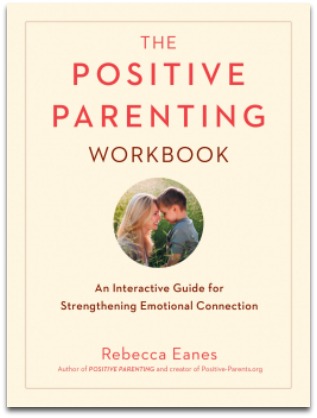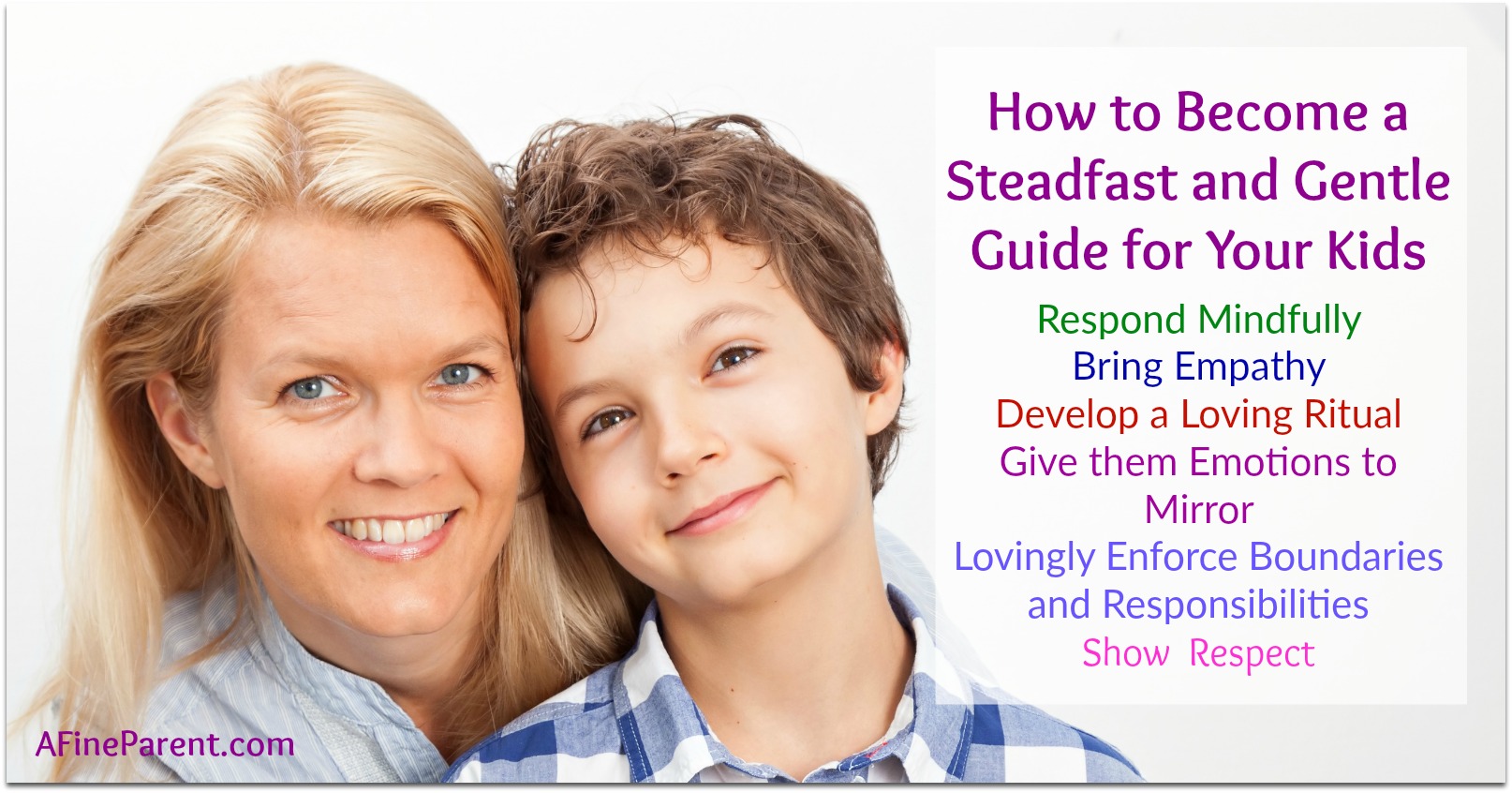 I am living with Mount Etna. In tween form.
I am living with Mount Etna. In tween form.
Any hint of criticism sets off the rumbling. Add an admonishment to the top – BOOM – we have an eruption.
Are you sure you’ve done your homework?
BOOM
You lost your house key?
BOOM
Stop picking on your brother!
BOOM
Are you on your computer? Again?
BOOM
For a while there we were having loud, shouty arguments about everything under the sun. He was prickly and defensive and not a joy to be around.
It would be easy for me to write this off as teenage hormones and tell him he needs to stop being so sensitive. It would be equally easy for me to paint myself as a blameless and suffering supermom, but I know that communication is a two-way street.
But what can I do? I do active listening. I let him fail to develop a growth mindset. I try to back away from the bubbling lava of his hormonal temper. But no matter what I do I seem to trigger more eruptions out of my tween Mt. Etna.
Something was missing. In fact, it was 2 somethings.
 And I found them in Rebecca Eanes’s new book The Positive Parenting Workbook.
And I found them in Rebecca Eanes’s new book The Positive Parenting Workbook.
The missing ingredients were CONNECTION and MINDFULNESS from me.
I wasn’t taking time to reflect on his behavior as a part of our interactions. I wasn’t looking at how I was affecting how he was reacting. I didn’t realize that I was the one waking up the volcano.
Here are 5 things I started doing that put the mountain to sleep and woke up our relationship.
1. Be Mindful in the Power Struggle
One thing the workbook urged me to do was to journal about my latest power struggles with my tween. I thought about how we argued over missing assignments and his ability to turn in his homework on time.
I wrote about how frustrated I felt when he didn’t get his assignments in by the deadline. How I knew that this wasn’t about his capability or intelligence, but his seeming inability to get his assignments from his bag to his teacher’s in box.
I also wrote about how he seemed to instantly erupt when I would bring it up and ask him about his plan to fix things. And as I wrote I realized that I wasn’t talking with him so much as angrily confronting him. I was angry and frustrated and it was pouring out of me and directly into him.
I needed a way to rein my emotions in and mindfulness was the key.
Mindfulness is simply bringing consciousness to what you are feeling, when you are experiencing the emotions, and what your reactions are to those situations and emotions.
Once I was able to recognize how I was bubbling away when I saw homework unfinished and undelivered I could take control of both my emotions and reactions. I could stop my eruptions in their tracks!
2. Bring Empathy
 Once I was able to bring mindfulness to my emotions I could then try to bring some empathy to his emotions. That means me stepping into his shoes and trying to understand things as he was seeing and experiencing them.
Once I was able to bring mindfulness to my emotions I could then try to bring some empathy to his emotions. That means me stepping into his shoes and trying to understand things as he was seeing and experiencing them.
One thing I was taught as an organization development consultant was that we all see the world through different lenses. Those lenses were created through our own life experiences. So something I think is important or fun might be the opposite to someone else.
For example, I love to ride horses and when I see a horse I get calm and relaxed and joyful because of how I experienced horses. A friend of mine has had horrible experiences with horses and gets uptight and nervous when she sees them. She would definitely not be decorating her home with vintage racehorse sketches!
This kind of empathy does take some practice. Mostly because so many of us forget that our kids are their own persons and not simply a Mini-Me. We also rush past empathy because we are in a hurry. We want to get stuff done! We don’t have time for feelings!
To hone my own empathy towards my son I took another page out of Rebecca Eanes’s book and journaled about all the different things that he could be thinking and all the different points of view he might have in those moments. Just thinking about how scared and nervous he might be about these assignments changed my entire attitude!
He wasn’t being defiant! And it wasn’t that he didn’t care about his work. He did care. A lot. He knew where he was behind and what he was missing and was at a loss on how to fix it. This was Middle School – a completely different situation than elementary school – and he needed my help, but didn’t know how to ask for it.
3. Becoming a Gentle and Steadfast Guide
He didn’t need me to tell him what he was doing wrong. He already knew. As I was figuring out what kind of parent he needed me to be I found a line in Rebecca’s book that struck a chord. In transitioning from being an authoritarian parent to a positive parent, she found she needed to be “a gentle and steadfast guide.”
I needed to be that same kind of gentle and steadfast guide for my son. But how could I do that?
Loving Ritual
 I asked myself, “What is one thing I can do right now to show my son I love him? How can I build on the connection between us?” My son loves touch. When he was little he was always snuggling in and even though he’s getting older he still loves a bone-crushing hug.
I asked myself, “What is one thing I can do right now to show my son I love him? How can I build on the connection between us?” My son loves touch. When he was little he was always snuggling in and even though he’s getting older he still loves a bone-crushing hug.
So I decided that every day after school I would greet him with a huge hug. When he gets home I stop whatever I am doing and give him a hug.
This moment of connection between us has changed so much. My hug tells him how much I love him and how happy I am to see him. His hug tells me that he feels loved and gives me a hint as to what kind of day he’s had at school. Just this little 2 or 3 minutes of touch helps him to feel like he can confide in me and all he’ll get is love and not judgment.
Give them Emotions to Mirror
Not everything is going to be solved with a hug. At the age of 12, he’s not going to know how to solve his problems or how to handle the emotions that come with them. And being a tween those emotions can be pretty intense!
As I journaled about our arguments and explored mindfulness, what I noticed was that if I became loud and angry, he also became loud and angry. Once I realized he was mirroring my emotions, I decided the best thing I can do is to be a better example for him to mirror.
This means I needed to practice my own emotional management. The easiest way to take control of any turbulent emotions is to take a deep breath. After I have taken a breath I tell myself “I can handle this” before allowing myself to respond to everyday frustrations. Then I worked on reframing what I see as “frustrations” and “problems” as well as reminding myself about my role in guiding him along the path to maturity.
I found out that as I softened my tones and controlled my own emotions the less attacked my son felt. And then I noticed that he was also working to pro-actively control his emotions. And the wonderful unexpected bonus here? This also changed his relationship with his younger brother!
4. Lovingly Enforcing Boundaries and Responsibility
The first 3 steps came quite easily to me. All I needed to do was to remember that he was a child and had never experienced anything quite like Middle School before. They then seemed to fall into place as I tried to act with more love, connection, and mindfulness.
The difficulty came with trying to enforce boundaries and allowing him to experience the good and bad parts of taking responsibility and ownership of his actions. One thing I really want for my children is for them to have a strong sense of responsibility for themselves and for the world around them.
It turns out seeing them not being responsible can be a trigger for me and my responses can be somewhat harsh. In trying to control my reactions I went from being too harsh to letting them walk all over me.
Being too permissive ended up making things worse. He thought I didn’t care what he did and that I didn’t have time for him. I needed to have behavioral boundaries and hold him accountable, but I needed to put a foundation of love as the reason behind those boundaries.
For example, if I caught him sneaking onto his computer before his homework and chores were done I should still take the computer away. However, instead of taking it away in anger and being hurt that I couldn’t trust him to make good decisions, I needed tell him I was taking it away temporarily and explain, in a gentle and loving tone, how this would help him be able to focus on his work.
When I sat down with him to talk about my concerns we, together, established a rule that no one was allowed to use an electronic device until 5pm. That gave both of my boys more than enough time to take care of their responsibilities and was a very clear and fair boundary for everyone. While he basically counts down the minutes to 5pm after about 4:45pm, it prevents him from feeling like he needs to sneak to his computer behind my back.
5. Respect
 The cornerstone of all of these techniques is respect. Really, respect is the cornerstone of any relationship. When you respect someone else you are honoring the unique qualities that make them who they are. In turn, they are much more willing and able to honor your uniqueness.
The cornerstone of all of these techniques is respect. Really, respect is the cornerstone of any relationship. When you respect someone else you are honoring the unique qualities that make them who they are. In turn, they are much more willing and able to honor your uniqueness.
The easiest way I have found to show my child I respect him is to apologize when I am wrong. Think about it. To apologize is to humble yourself before another person and tell them that you find them and their feelings important. You tell your child that they are worthy of being treated well and with love.
I also show I respect to my tween by accepting the decisions he makes – as long as they are within the boundaries that we have set. For example, say he doesn’t want to wear a coat to school. I encourage him to stand outside for a moment to see how cold he really finds it “so he can make an informed decision.” And then if he should decide that, yes, he finds it warm enough I kiss him good-bye and wish him a good day at school.
There are those occasions when he changes his mind. But it’s been his decision and I have shown him respect by trusting that he’s made the right decision for him.
As I have embraced these 5 lessons there’s been fewer eruptions or other kinds of power struggles in our house. We are living a much more peaceful existence and I am seeing my tween blossom into a confident middle schooler.
Free Printable & Shareable Summary

(For printing, right click on the image above, choose “Open image in a new tab” or “Save image” and print. For sharing, just share the article link and it should automatically pick up this image.)
The 2-Minute Action Plan for Fine Parents
Take a quick two-minutes of breathing time to write about the following questions:
Where are you having power struggles with your child?
How are you responding in the thick of a power struggle? How is your child responding?
What is one simple thing you can do to start a loving ritual with your child? A hug? A bedtime story? A chat over breakfast or the after-school snack?
The Ongoing Action Plan for Fine Parents
How can you be “a steadfast and gentle guide” for your child? For me, journaling was crucial to cultivating the mindfulness necessary to become an emotional mirror for my son.
Also, think about the boundaries you have for your children. Are they firm? What kind of tone do you use to enforce them? How do you react when they are broken?
How much freedom do your children have inside those boundaries to make decisions on their own? Do you respect the decision that they have made or do you constantly cajole or argue to get them to change their minds?
Do you apologize to your child? If you don’t, it’s time to start. It is uncomfortable at first, so feel free to start small. Maybe just “I’m sorry for talking over you. What did you want to tell me?” Soon you’ll be working up to saying “I’m sorry I yelled at you. That wasn’t very fair of me.” It will make a huge difference in your relationship with your child. The sooner you start the smoother the teenage years will be for you!
Thanks for putting into words exactly what goes on in our home ! I have been struggling with my tween too and your article validates many things I have been trying to make things better. Getting things right with kids today is way more complicated and needs a lot of physical, emotional and mental energy – almost a full time job. And that’s what I am treating it as – we go all out to aquire skills and keep updating them periodically to stay on top of our profession – we need to do the same for the parenting job.
Thanks for the article Mindy!
You are so welcome! I’m so glad that my experiences with my tween will help you figure things out with yours. I feel like I’m constantly learning and re-tuning my parenting skills.
Learned so much from this article. It is chock-full of information I need today in parenting my 2 boys. I agree that the emotions (both good and bad) cause a mirror reaction. Just realizing this will help me to take the deep breaths and calm down in the middle of a teen/tween vs. mom “moment.”
Can’t wait to share this info with my friends!
So glad it came at the right time for you, Karyl! And yeah, I never cease to be amazed at how effective our own emotions are at getting a mirror reaction from our kids. Good luck with your teen/tween. And, thanks for sharing 🙂
Thanks, Karyl! I’m glad the article could help you out.
Mindy